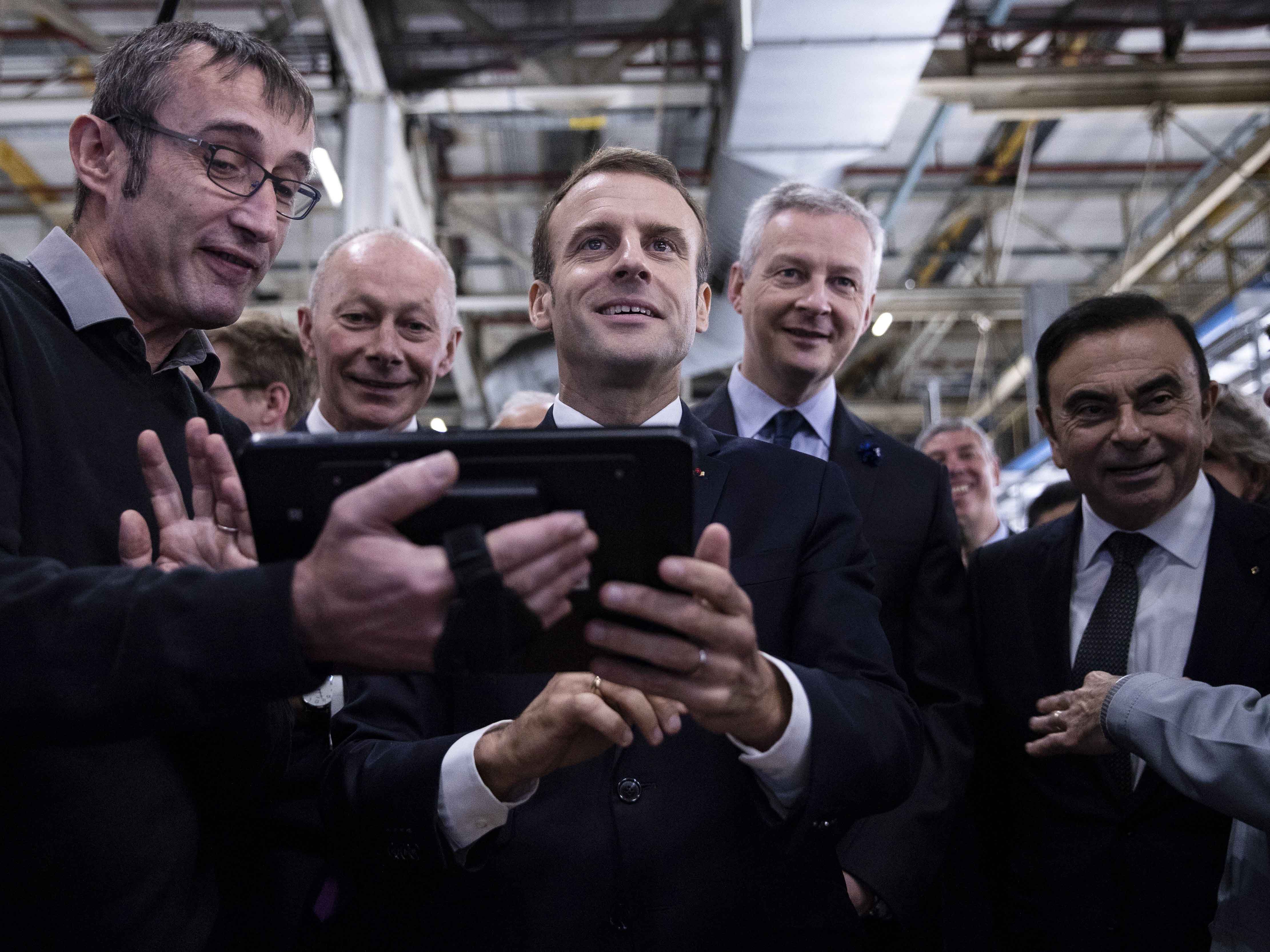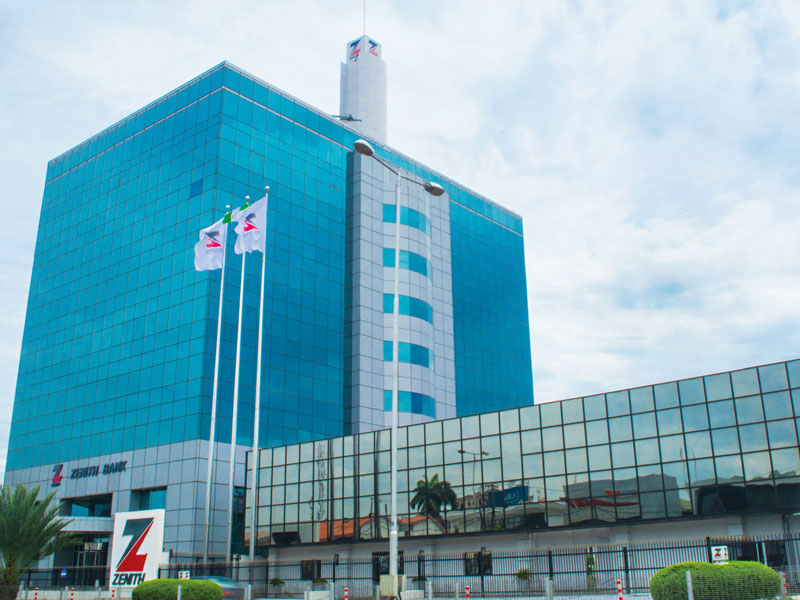France struggles with Fiat fallout

For some time now, French President Emmanuel Macron has been stressing the need for European industry champions. Supportive of the proposed deal between Alstom and Siemens that was eventually killed off in Brussels, Macron also seemed to rubber stamp the Fiat/Renault tie-up. Finance Minister Bruno Le Maire was given the crucial green light to support the merger, given that France owns a 15 percent stake in Renault. The merged entity would need to abide by a list of commitments to secure French Government support.
However, Macron’s administration potentially wrong-footed concerned parties with a requested delay to the merger so that Japanese stakeholders could first be consulted.
Last month, President Macron declared “European naïveté” needed replacing with fresh European oversight of Chinese investment in the continent.
The state of play
Over the past six years, the contribution of inbound M&A to France has varied wildly: a mere 35.2 percent back in 2013 and touching a low of 34.7 percent in 2018. Nonetheless, peaks of 75.2 percent and 70 percent recorded in 2014 and 2016 were trumped by the 80.7 percent seen year-to-date in 2019, according to Mergermarket data.
At May’s Mergermarket M&A Executive Club conference in Paris, panellists praised Macron for defusing the
gilets jaunes
movement without abandoning his liberalising reform agenda. They were convinced that France is becoming an increasingly popular place for luring investment from overseas.








